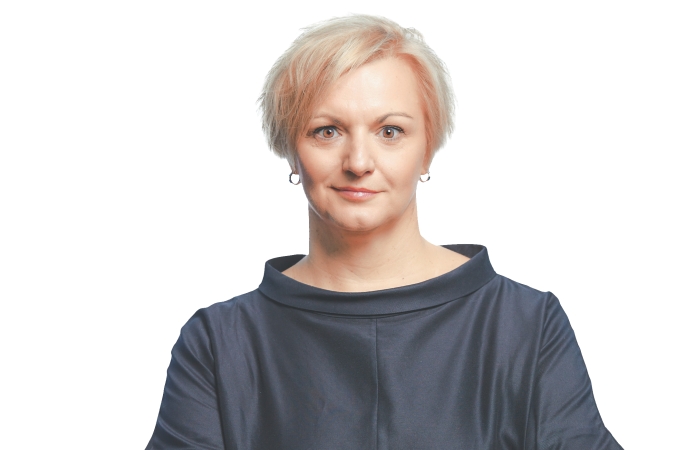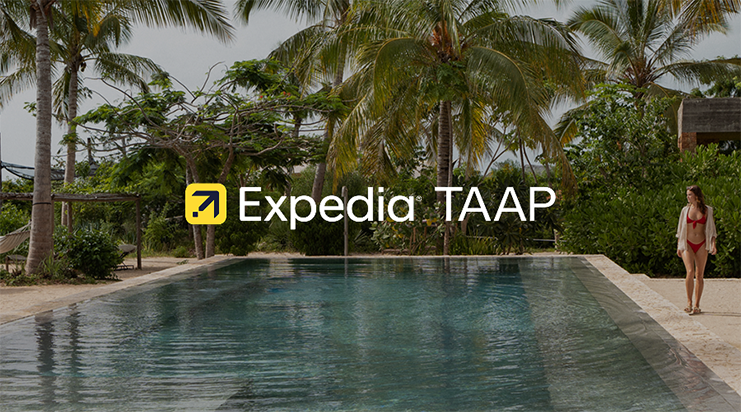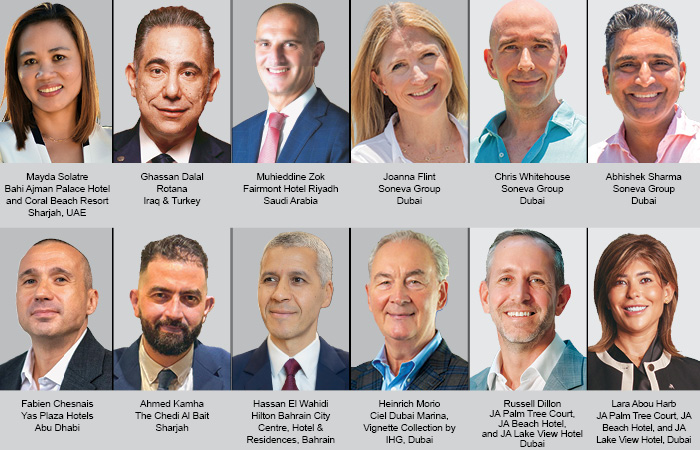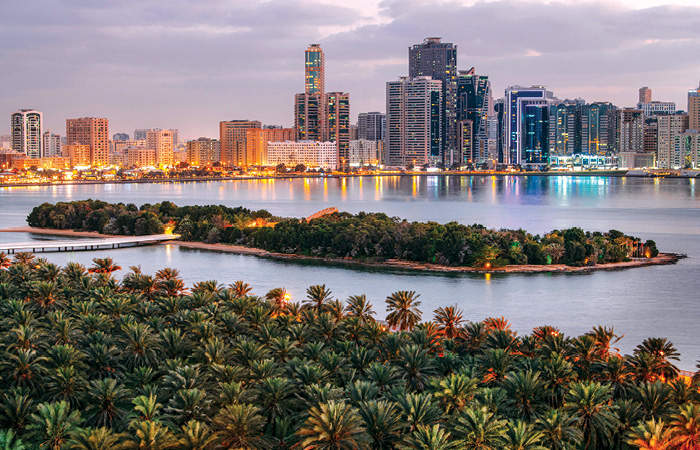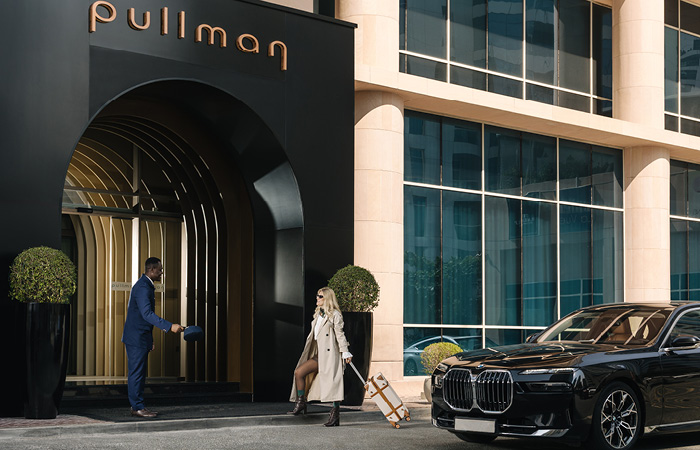Paula de Keijzer, Senior Director-Market Management, Africa, Indian Ocean, Middle East and Turkey, Expedia Group, talks about growth in the Middle East market and how Expedia creates a level-playing field for small players by bridging the tech gap.
Peden Doma Bhutia from Las Vegas
Expedia in Saudi Arabia has witnessed a 110 per cent year-on-year growth. What has been a major contributor to this growth and how much of it would be because of the new visa regime?
We’ve of course had the visa ease, also, the e-visa for 47 countries will be making it much easier. Earlier, one would have to go to the embassy and do the whole visa regime whereas now, one can just go online and get a visa within 24 hours. That helps to make the country more accessible. From our perspective we’ve been really working on being more locally relevant.
Up until January this year our Partner Central tool did not exist in the Arabic language. Since the beginning of the year we now have that in Arabic, so that allows our partners to be way more engaged with us. We’ve also had market managers that are working with the hotels, so being more locally relevant and being more accessible to the partners has driven the engagement for us and that’s what comes up with the 110 per cent growth for us.
Besides expedia.com, the group has a plethora of sub-brands, all of which may not be present in the Middle East. Which sub-brands are doing well in the Middle East and what can we expect in the new year?
Hotels.com has been there the longest, and the Arabic version has been there for more than three years now. Coming up next year we will have brand Expedia in the Arabic language, that’s the new development for the next year. One of the up and coming brands is Egencia, our corporate corporate booking tool, that’s definitely driving its way into Dubai, Jeddah and Riyadh so that is great to see in the region.
In the hotel segment how do you engage with small players, who are not so tech savvy? How do you bridge the tech gap for these players, who are competing with international chains?
That’s where we have our tools, like Partner Central, to help them. Rev+ gives out complimentary revenue management tools which most small-time hotels can’t afford. With the tools that we provide to our partners it allows them to come up on a level-playing field with the big players who have access to the same tools. Also, that’s where our market management team comes in, to work hand-in-hand with our partners and to make them aware of the tools and systems that we have for them to maximise their performance.
Smaller individual properties also can’t afford to have a sales organisation to cover all the feeder markets. They don’t have the headcount and organisational structure to go after all the feeder markets, which we can bring them.
The partner tools are essential to bring them on a level-playing field, but how are you working to remove partner friction?
We are doing a lot of things to make it easy for the partners to do business with us, from locally relevant payment solutions as well as from a language perspective. Over the last year we have been opening up local bank accounts in each of the Middle Eastern countries so that the partners can pay us locally, instead of having to pay us internationally.
With no international exchange fees, no transfer fees etc, it makes it easier for them to do business with us. Making the Partner Central tool in Arabic since the beginning of this year has also been very helpful. Most importantly we encourage more and more face-to-face interactions with our partners.
Dubai ranks fourth amongst top destinations for packages in the EMEA region after London, Paris and Rome. Where are people coming from, what’s the profile of travellers and what’s the average length of stay for people coming into Dubai?
For Expedia, US is still the top market coming into Dubai where people buy their package and their hotel together, it’s very standardised here. Second is UK and then comes Germany and France. The average length of stay for a standalone would be 2.7 days and for package would be 4.7 days, which is quite dramatically longer.
The profile of travellers coming into Dubai is very mixed. There are leisure travellers those who come for family vacations and that’s where you see 4.7 days or much longer. Mostly when people travel from far they come in for almost a week, but we also see a lot of business travellers coming for one to three business days, very similar to what we see in western Europe. Overall it’s a good mix.
What is the proportion of packages vis-à-vis standalone purchases where people only buy a hotel or airfare separately on Expedia?
The package part on an average is about 40-45 per cent coming into Dubai, which are brought in by the feeder markets, which means that 50-55 per cent is still standalone, where people only buy a hotel or airfare separately.
According to an Expedia research, activities figure in the top priority list that drive people to book a package, what activities do people engage in while visiting the UAE?
Being locally relevant, it’s a lot of authentic packages, so for Dubai it would be more like going on desert safaris or Bedouin tours throughout the desert. Of course, a visit to the Burj Khalifa, the old town, souks and going to water parks, like the Atlantis are also very popular. One can say it’s a mix of cultural tours and activities like jumping off cliffs and helicopter rides etc.
How thriving is it to exist in the online travel market industry in the Middle East where people still have a traditional bent of mind and would prefer brick and mortar agents?
It’s very thriving but it’s one of the smaller ones (35-40 per cent) when compared to the world market. That means around 60 per cent is offline where people still go to the travel agencies and book offline. But having said that it is also one of the fastest growing online markets, there is a very fast shift going to the online markets, although it’s still small, so the growth is about 30-35 per cent annually. Even though the leisure market contributes three-fourth of our market, corporate travel is mostly online and goes through travel management companies like Egencia.
 TravTalk Middle East Online Magazine
TravTalk Middle East Online Magazine
